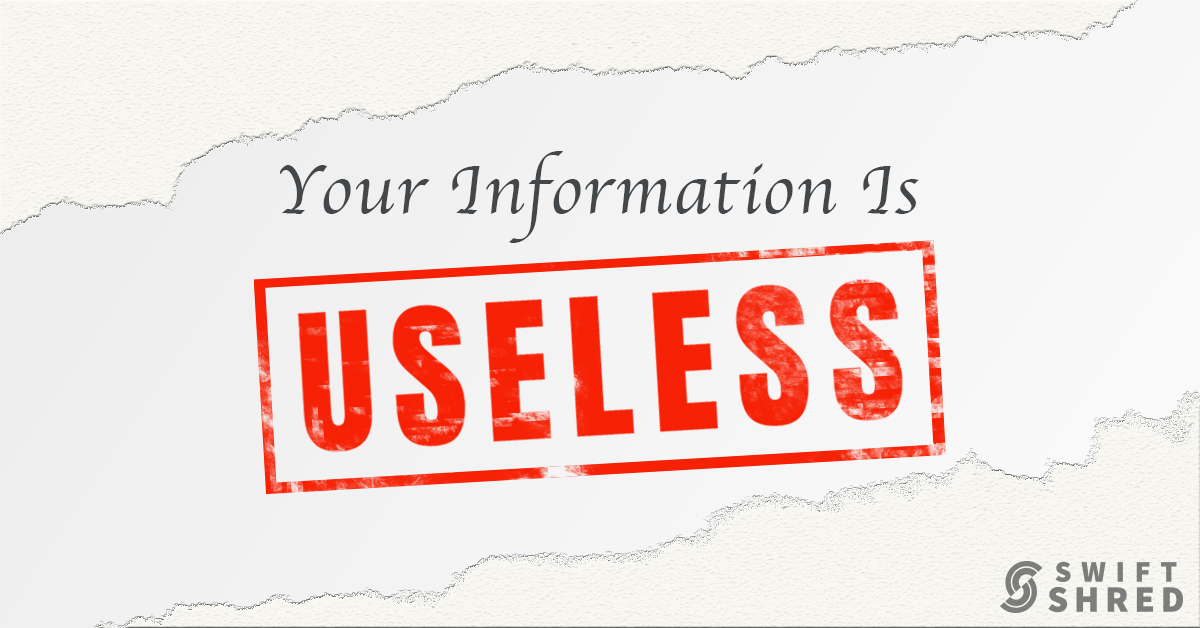
Modern businesses run on data in order to streamline efficiency and guide all decision making. However, there is one problem with this data-driven approach; the vast majority of your information is useless.
With emerging artificial intelligence, most organizational chores are becoming automated. This leaves specialists free to focus on operations and the development of their enterprises. In the coming years every successful organization will incorporate artificial intelligence into both their internal and external processes. Technology will handle much of the procedures employees spend their time on, from HR to Bookkeeping and everything in between. Relations between customers and vendors outside of the organization will also become automated thereby increasing speed, minimizing errors, and improving efficiency.
All of this can be done through data accumulation. Once collected, organizations then leverage these vast informational databases with predictive analytical software which is uniquely tailored to fit each task, employee, vendor, customer, etc. These capabilities exist already and are being implemented across all industries. Their effects will only become more and more abundant.
Paralysis by Analysis
Having all the information available doesn’t necessarily mean you’ll make the correct decision. In any endeavor, discernment is key. Listing all the variables won’t guide you to the right outcome. Individuals and organizations must perform cost/benefit analyses for every decision they make, but the relevant elements are constantly changing and there are only so many pieces of information the average person can account for at any one time. The challenge becomes separating the wheat from the chaff to determine the elements in play and simplifying the equation. This is easier said than done in a world of ever increasing complexity.
Here’s a breakdown of how the average organization manages its content in 2018, according to a recent study conducted by Access Information Protected:
| Organizational Content Breakdown |
|---|
| 2% Legal or Auditory Info |
| 5% Formal Records (for publicly listed companies) |
| 25% Ongoing or Active Operational Data |
| 68% Outdated or Redundant Info |
This shows that most of your information is not only unhelpful, it actually gets in the way and slows you down.
Trim the Fat
How can you avoid an information surplus?
First and foremost, you must go paperless. This is the necessary first step to modernizing your business practices. Embrace digital and get rid of as much physical documentation as you possibly can. One practical way to do this is to simply not print in the first place, which can be done by utilizing digital signatures and taking the proper security precautions.
Most of the security threats organizations face are internal. It’s true that businesses must be vigilant in defending themselves against being hacked from the outside, but security breaches are actually much more likely to come from within. These breaches can usually be traced to negligence and not malicious intent, so content management training and establishing normal procedures for employees are vital.
There is always fear and reluctance to change, especially when the processes you currently use seem to be working and have been effective. The old adage, “If it ain’t broke, don’t fix it,” is hard to shake, but mapping to the past is not a recipe for future success.

